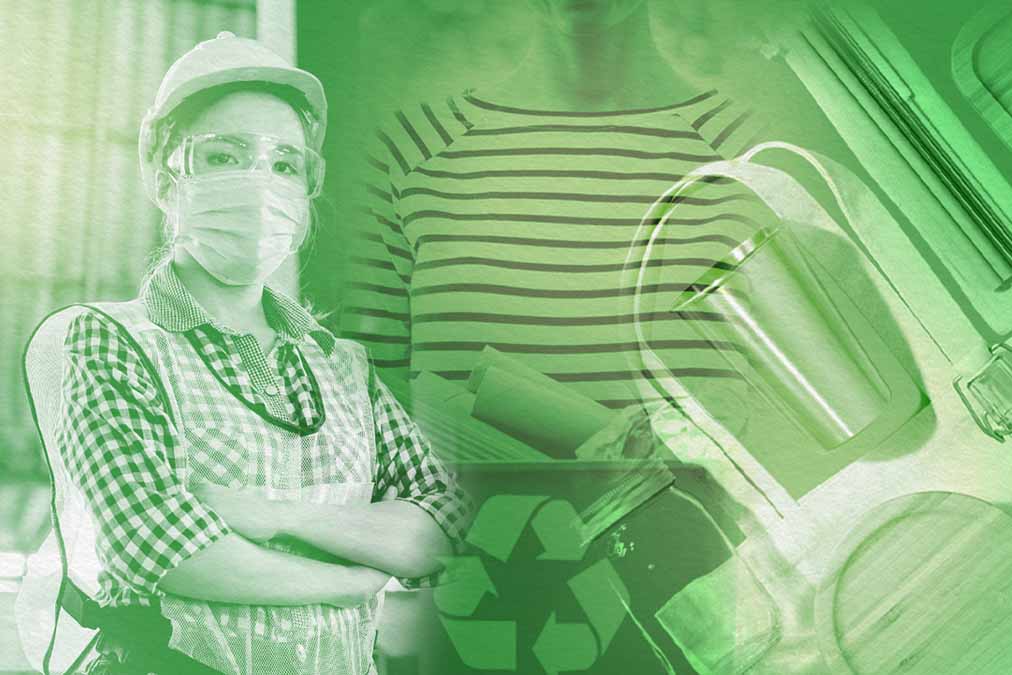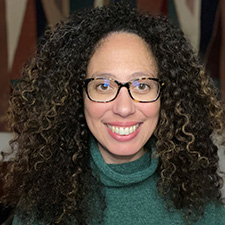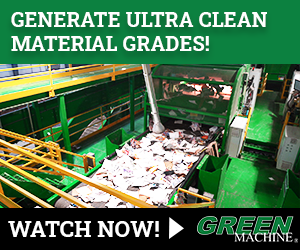
In this month’s edition of “Women in Circularity” we meet Maia Corbitt of Texans for Clean Water.
A warm welcome back to “Women in Circularity,” where we shine a light on women moving us toward a circular economy. This month, I connected with a nonprofit leader who brings expertise in waste and water systems to Texas and beyond: Maia Corbitt. Maia is the president of Texans for Clean Water with more than 20 years of experience in the advocacy space.

Maia Corbitt
Has an unexpected career shift ever turned out to be serendipity?
Moving from working in water systems at the Lower Colorado River Authority to waste systems at the State of Texas Alliance for Recycling put me on the path of bringing my two passions together in my current role at Texans for Clean Water (TFCW).
Can you share with us how your clean water advocacy efforts link to the circular economy?
At TFCW, I advocate for proven solutions that are a win-win for the environment and the economy. Waterway trash is such a visible blight, it’s undeniable – no one is ‘pro’ litter. Texas also has a robust manufacturing sector that utilizes post-consumer material, much of which comes from out of state – Texas being in the bottom 10 for state recycling rates, according to recent Eunomia study. Circular policies that build convenient collection infrastructure and incentivize the public to return recyclable materials also help reduce waterway litter.
Please tell us about some game-changing research you recently participated in?
I was proud to work on the Keep America Beautiful 2020 National Litter Study, which reported that U.S. states with rebate and/or deposit systems have 50% less litter on roadways and 30% less litter in waterways. This helped to prove the anecdotal understanding that financial incentives work to get material off roadways and into diversion systems. Additionally, an associated national attitudes survey reported more than 75% of the U.S. population support deposit/rebate programs – whether in a state with current policy or not.
From your point of view, how are we going to transition away from the linear materials life cycle?
Learn more in person
Maia Corbitt will be moderating the “Material Takes on Deposit Systems” session at the 2022 Resource Recycling Conference. The panel brings together decision-makers to explore how redemption programs can be built to most effectively bring recycled content back to the manufacturing pipeline. Read more about the full session lineup and register today for the Aug. 15-17 event.
I think we need an ‘all of the above’ approach to building efficient and convenient collection infrastructure, effective public education and engagement, regulation and enforcement of common standards, etc. But the first step has to be advancing solutions we know work for the materials we know have current, domestic manufacturing demand – PET, aluminum and glass. Aside from litter reduction, deposit systems significantly increase clean material capture for diversion.
What environmental series would you recommend to your colleagues?
I’m a big fan of NOVA and PBS television in general.
MaryEllen Etienne is the creator of “Women in Circularity.” Etienne works on the Market Transformation and Development team for the U.S. Green Building Council. She has over 20 years of experience in sustainability and is a champion of the circular economy.
More from the “Women in Circularity” series
- Women in Circularity: Teresa Bradley
- Women in Circularity: Sue Beets-Atkinson
- Women in Circularity: Beth Forsberg




